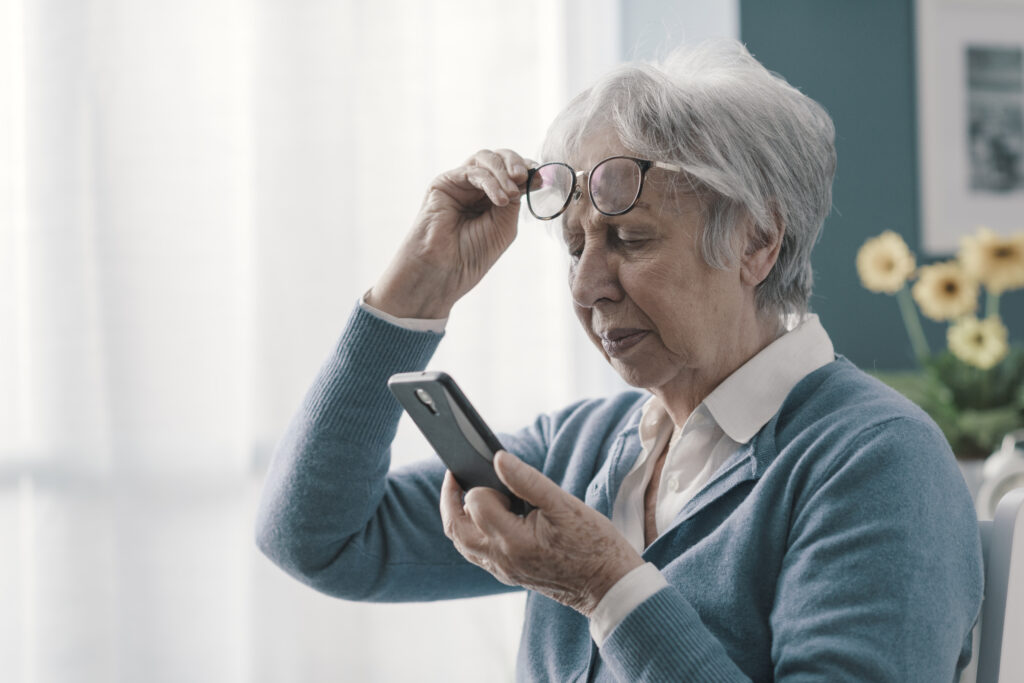The US Food and Drug Administration (FDA) has granted approval to Regeneron Pharmaceuticals’ high dose (HD) version of its best-selling eye injection Eylea (aflibercept).
The FDA approved an 8 mg high-dose formulation of the anti-vascular endothelial growth factor (anti-VEGF) injection, which was previously only available in 2 mg doses by prescription.
High dose Eylea got the green light for the treatment of patients with wet age-related macular degeneration (wAMD), diabetic macular edema (DME) and diabetic retinopathy (DR).
The recommended dose is 8 mg every month for the first three months across all indications, followed by 8 mg every eight to 16 weeks in wAMD, and DME and every 8 to 12 weeks for DR.
It is estimated that 1.4 million people in the US have wAMD, a retinal disease that can affect people as they age. It occurs when abnormal blood vessels grow and leak fluid under the macula, the part of the eye responsible for sharp central and fine detail vision. This fluid can damage and scar the macula, which can cause vision loss.
DR is characterized by microvascular damage to blood vessels in the retina often caused by poor blood sugar control in diabetics. DME can occur at any stage of DR as the blood vessels in the retina become increasingly fragile and leak fluid, leading to the potential for visual impairment. In the US, around 1.5 million adults have DME and 6 million people have DR without DME.
Related: Regeneron’s Eylea Nabs First Pediatric Approval for Eye Disease in Preterm Infants
Regeneron and Bayer will be taking on Roche’s blockbuster high-dose treatment Vabysmo (aricimab-svoa), which has been enjoying great market success since its launch just 19 months ago.
While Eylea targets VEGF, Vabysmo has dual-targeting action as it inhibits both VEGF and angiopoietin-2 (Ang-2), both vascular growth factors that are involved in the growth of new blood vessels (angiogenesis).
Eylea is being jointly developed by Regeneron and Bayer AG. Earlier this year, Eylea received a pediatric approval for the treatment of preterm infants with retinopathy of prematurity (ROP).
Eylea HD’s FDA approval was based on the results of the pivotal PULSAR (conducted by Bayer) and PHOTON trials evaluating high dose Eylea compared to Eylea injection 2 mg.
At 48 weeks, both trials met their primary endpoint in which high dose Eylea demonstrated non-inferior and clinically equivalent vision gains with both 12- and 16-week dosing regimens after three initial monthly doses, compared to Eylea given for eight weeks after initial monthly doses (three in PULSAR and five in PHOTON).
The majority of patients who received either of the dosing regimens were able to maintain the dosing intervals through 48 weeks.
Roche’s Vabysmo came onto the market as an alternative to Eylea with a less frequent dosing schedule of once every four months compared to Eylea’s once every two months regimen.
Earlier this month, results of a Phase III study showed that 88 percent of patients receiving 8 mg injections of Eylea over a two-year period were able to extend their dosing to at least 12-week intervals. The PULSAR study had similar results with 71 percent of patients meeting the extension criteria for longer dosing intervals — specifically, 47 percent of patients met the criteria for 20 or more weeks and 28 percent met the criteria for 24-week intervals.
Regeneron said it is set to launch Eylea immediately and customers will be able to order it early this week.
While Vabysmo has a list price of $2,190 for a vial of a 6 mg dose, Regeneron will charge $2,625 per dose of high dose Eylea.
In 2022, Eylea brought in almost $6.3 billion for Regeneron.
After the announcement of Eylea HD’s FDA approval, Regeneron’s share price increased by four percent from $794 on Friday afternoon to $826 by mid-morning on Monday.












Join or login to leave a comment
JOIN LOGIN